NC – Watch Out For Your Pedestrians
Wednesday, April 30th, 2014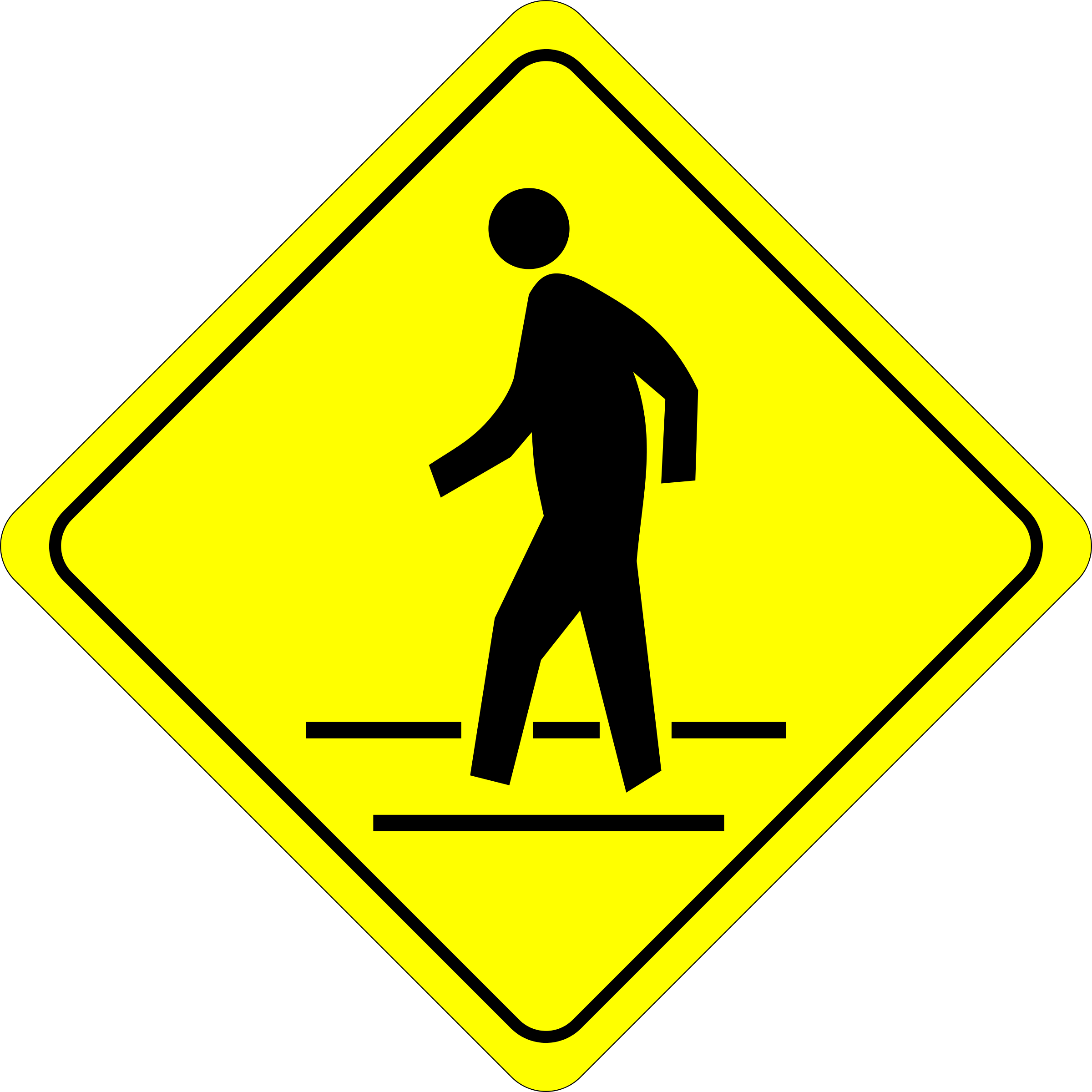 While preferences vary when it comes to transportation, everyone is a pedestrian at some time, and most know to keep their distance from moving traffic. Unfortunately, according to data released by the National Highway Traffic Safety Administration, about 69,000 pedestrians got hurt and 4,432 were killed in traffic crashes in the United States in 2011. This means that on average every two hours a pedestrian was killed and about every eight minutes, a pedestrian got hurt in traffic in 2011.
While preferences vary when it comes to transportation, everyone is a pedestrian at some time, and most know to keep their distance from moving traffic. Unfortunately, according to data released by the National Highway Traffic Safety Administration, about 69,000 pedestrians got hurt and 4,432 were killed in traffic crashes in the United States in 2011. This means that on average every two hours a pedestrian was killed and about every eight minutes, a pedestrian got hurt in traffic in 2011.
In North Carolina alone more than 2,400 pedestrians are hit by vehicles each year, about 160 out of this number are killed. This number represents about 12% of all traffic fatalities that occur on North Carolina roads.
While Pedestrians should not rely on their rights in traffic being observed by drivers, drivers need to be aware of pedestrians’ rights and the traffic laws protecting the weakest of our road users, and drivers need to pay attention especially to young children and older adults, because they are more likely to stray outside crosswalks and not pay attention to traffic signals or the traffic in general.
Pedestrians’ rights and duties are addressed in Chapter 20, Article 3, Part 11 of the North Carolina General Statutes (hereinafter N.C.G.S.).
N.C.G.S. § 20-172 Pedestrians subject to traffic-control signals.
(a) The Board of Transportation, with reference to State highways, and local authorities, with reference to highways under their jurisdiction, are hereby authorized to erect or install, at intersections or other appropriate places, special pedestrian control signals exhibiting the words or symbols “WALK” or “DON’T WALK” as a part of a system of traffic-control signals or devices.
(b) Whenever special pedestrian-control signals are in place, such signals shall indicate as follows:
(1) WALK. – Pedestrians facing such signal may proceed across the highway in the direction of the signal and shall be given the right-of-way by the drivers of all vehicles.
(2) DON’T WALK. – No pedestrian shall start to cross the highway in the direction of such signal, but any pedestrian who has partially completed his crossing on the “WALK” signal shall proceed to a sidewalk or safety island while the “DON’T WALK” signal is showing.
(c) Where a system of traffic-control signals or devices does not include special pedestrian-control signals, pedestrians shall be subject to the vehicular traffic-control signals or devices as they apply to pedestrian traffic.
(d) At places without traffic-control signals or devices, pedestrians shall be accorded the privileges and shall be subject to the restrictions stated in Part 11 of this Article.
N.C.G.S. § 20-173 Pedestrians’ right-of-way at crosswalks
(a) Where traffic-control signals are not in place or in operation the driver of a vehicle shall yield the right-of-way, slowing down or stopping if need be to so yield, to a pedestrian crossing the roadway within any marked crosswalk or within any unmarked crosswalk at or near an intersection, except as otherwise provided in Part 11 of this Article.
(b) Whenever any vehicle is stopped at a marked crosswalk or at any unmarked crosswalk at an intersection to permit a pedestrian to cross the roadway, the driver of any other vehicle approaching from the rear shall not overtake and pass such stopped vehicle.
(c) The driver of a vehicle emerging from or entering an alley, building entrance, private road, or driveway shall yield the right-of-way to any pedestrian, or person riding a bicycle, approaching on any sidewalk or walkway extending across such alley, building entrance, road, or driveway.
N.C.G.S. § 20-174 Crossing at other than crosswalks; walking along highway
(a) Every pedestrian crossing a roadway at any point other than within a marked crosswalk or within an unmarked crosswalk at an intersection shall yield the right-of-way to all vehicles upon the roadway.
(b) Any pedestrian crossing a roadway at a point where a pedestrian tunnel or overhead pedestrian crossing has been provided shall yield the right-of-way to all vehicles upon the roadway.
(c) Between adjacent intersections at which traffic-control signals are in operation pedestrians shall not cross at any place except in a marked crosswalk.
(d) Where sidewalks are provided, it shall be unlawful for any pedestrian to walk along and upon an adjacent roadway. Where sidewalks are not provided, any pedestrian walking along and upon a highway shall, when practicable, walk only on the extreme left of the roadway or its shoulder facing traffic which may approach from the opposite direction. Such pedestrian shall yield the right-of-way to approaching traffic.
(e) Notwithstanding the provisions of this section, every driver of a vehicle shall exercise due care to avoid colliding with any pedestrian upon any roadway, and shall give warning by sounding the horn when necessary, and shall exercise proper precaution upon observing any child or any confused or incapacitated person upon a roadway.
Failure to obey any these laws is an infraction pursuant to N.C.G.S. § 20-176 (a) and if convicted, punishable to pay a fine of up to one hundred dollars ($100) pursuant to N.C.G.S. § 20-176 (b).
If you or someone you know is charged with an infraction in Southeastern North Carolina, in or around Wilmington, NC in New Hanover County, Brunswick County, or Pender County, and call the experienced team at Collins Law Firm for a confidential consultation at: 910-793-9000![]() .
.
By Jana H. Collins, Office Manager

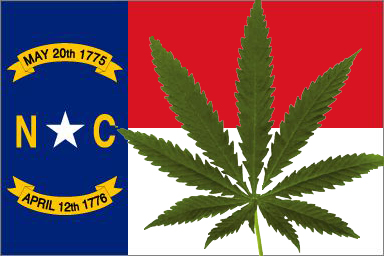 The U.S. prison population is six to ten times as high as in most Western European nations and many say that this is because of the Unites States War on Drugs. More than 749,000 people were arrested in the United States for marijuana-related offenses alone in the year 2012.
The U.S. prison population is six to ten times as high as in most Western European nations and many say that this is because of the Unites States War on Drugs. More than 749,000 people were arrested in the United States for marijuana-related offenses alone in the year 2012.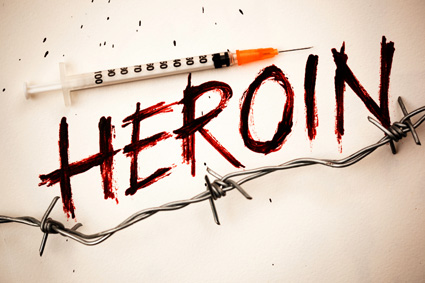 Heroin is a highly physiologically addictive narcotic derivative of morphine but has a higher potency than morphine. C.R. Alder Wright – an English chemistry and physics researcher in London – was the first to synthesize heroin in 1847. Heroin usually appears as a white or brown powder or as a black sticky substance, known as “black tar heroin.” The name Heroin stems from Bayer, the German Pharmaceutical Company. Bayer named the first diamorphine product Heroin and made its first fortunes in the late 1890s when it
Heroin is a highly physiologically addictive narcotic derivative of morphine but has a higher potency than morphine. C.R. Alder Wright – an English chemistry and physics researcher in London – was the first to synthesize heroin in 1847. Heroin usually appears as a white or brown powder or as a black sticky substance, known as “black tar heroin.” The name Heroin stems from Bayer, the German Pharmaceutical Company. Bayer named the first diamorphine product Heroin and made its first fortunes in the late 1890s when it 
 The New York Times recently published a story entitled “Driving Under the Influence, of Marijuana.” The story suggested that driving under the influence of marijuana (pot) is much less risky than driving while impaired by alcohol. The report also indicated that it is difficult to detect impairment by pot with the standardized field sobriety tests used in DWI by alcohol cases, and it is difficult to confirm impairment with laboratory tests. The article discusses several studies making these findings and noted the conclusion of some experts that public resources would be better spent combating alcohol-impaired driving, including perhaps lowering the per se threshold for alcohol concentrations to 0.05, than in establishing a per se limit for blood-THC content or devising roadside tests to detect for marijuana impairment.
The New York Times recently published a story entitled “Driving Under the Influence, of Marijuana.” The story suggested that driving under the influence of marijuana (pot) is much less risky than driving while impaired by alcohol. The report also indicated that it is difficult to detect impairment by pot with the standardized field sobriety tests used in DWI by alcohol cases, and it is difficult to confirm impairment with laboratory tests. The article discusses several studies making these findings and noted the conclusion of some experts that public resources would be better spent combating alcohol-impaired driving, including perhaps lowering the per se threshold for alcohol concentrations to 0.05, than in establishing a per se limit for blood-THC content or devising roadside tests to detect for marijuana impairment.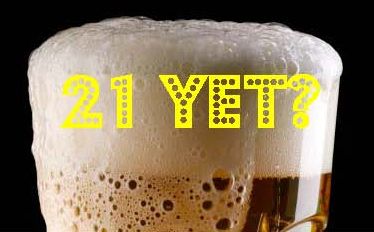
 Year after year during the Thanksgiving holiday period we experience one of the most travel heavy times of the year. This year a large storm threatens our Thanksgiving holiday travel and may require a lot of patience while on the roads.
Year after year during the Thanksgiving holiday period we experience one of the most travel heavy times of the year. This year a large storm threatens our Thanksgiving holiday travel and may require a lot of patience while on the roads.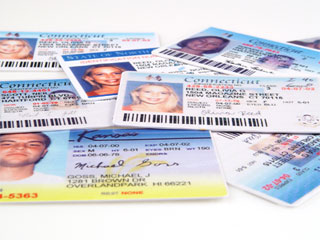 Southeastern North Carolina is an attractive area for young people to attend school either at UNCW or Cape Fear Community College. Of course, the same young people also enjoy to live, work, play, and party for which our beaches and downtown areas provide a wide array of opportunities. However, much of the nightlife requires patrons to be 21 years of age. For this reason, many youngsters either purchase fake IDs online or look to friends who are of age to use their IDs.
Southeastern North Carolina is an attractive area for young people to attend school either at UNCW or Cape Fear Community College. Of course, the same young people also enjoy to live, work, play, and party for which our beaches and downtown areas provide a wide array of opportunities. However, much of the nightlife requires patrons to be 21 years of age. For this reason, many youngsters either purchase fake IDs online or look to friends who are of age to use their IDs.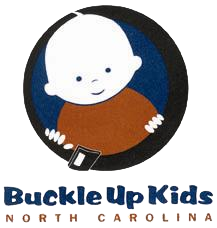 Motor vehicle crashes are the leading cause of death among those age 5-34 in the U.S. More than 2.3 million drivers and passengers were treated in emergency departments as the result of being injured in motor vehicle crashes in 2009. Seat belt use and proper child restraint are the most effective ways to save lives and reduce injuries in crashes, yet millions of adults do not wear their seat belts and fail to properly secure their children on every car ride. Many of these deaths and injuries can be prevented. Placing children in age- and size-appropriate car seats and booster seats reduces serious and fatal injuries by more than half.
Motor vehicle crashes are the leading cause of death among those age 5-34 in the U.S. More than 2.3 million drivers and passengers were treated in emergency departments as the result of being injured in motor vehicle crashes in 2009. Seat belt use and proper child restraint are the most effective ways to save lives and reduce injuries in crashes, yet millions of adults do not wear their seat belts and fail to properly secure their children on every car ride. Many of these deaths and injuries can be prevented. Placing children in age- and size-appropriate car seats and booster seats reduces serious and fatal injuries by more than half. The holiday season is in full swing and so is the North Carolina “Booze It & Lose It” Campaign, created by State Transportation Secretary Gene Conti in an effort to remove impaired drivers from the road and keep our citizens safe. Checkpoints and increased patrol began on December 6th and will continue through January 2, 2013, to help reduce the rising number of alcohol related crashes, injuries and fatalities state wide.
The holiday season is in full swing and so is the North Carolina “Booze It & Lose It” Campaign, created by State Transportation Secretary Gene Conti in an effort to remove impaired drivers from the road and keep our citizens safe. Checkpoints and increased patrol began on December 6th and will continue through January 2, 2013, to help reduce the rising number of alcohol related crashes, injuries and fatalities state wide.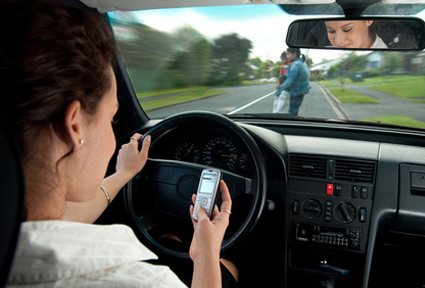 Over the past twenty years, cell phones have become an essential part of day to day life for many Americans. Cell phones continue to provide us with the convenience to communicate while on the go, comfort in knowing we have a way to call for help in case of an emergency, and access to music, games and entertainment. Cell phones can make life easier, but when used irresponsibly, can have disastrous consequences.
Over the past twenty years, cell phones have become an essential part of day to day life for many Americans. Cell phones continue to provide us with the convenience to communicate while on the go, comfort in knowing we have a way to call for help in case of an emergency, and access to music, games and entertainment. Cell phones can make life easier, but when used irresponsibly, can have disastrous consequences.